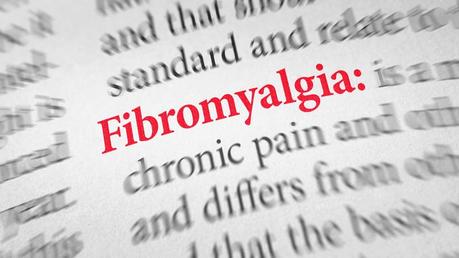
It almost seems as if there is no limit to the benefits of low-carb diets. Of course, we need to be cautious about over-interpreting the data and anecdotal reports, and we need to remain objective. But the reports keep coming.
We recently posted about reports that low-carb diets may benefit COPD and osteoarthritis. Although the evidence is mostly anecdotal, the reports suggest there may be a link. Hopefully we will have a series of anecdotes and eventually a controlled trial to confirm if that is the case. Now, thanks to a recent publication in PLOS One, it looks like we might be able add improvements in fibromyalgia to list of possible benefits.
As the authors mention in the study, fibromyalgia is a common generalized pain disorder without a clear cause and without very good treatment options. It can be a disabling condition causing sufferers to remain mostly sedentary and is frequently associated with severe depression and feelings of hopelessness.
To be fair, the study did not show that low-carb diets improve fibromyalgia. But it did show a high association between fibromyalgia and co-existent insulin resistance (measured by HbA1c which is actually not a very sensitive measurement of insulin resistance). The study then went on to show those treated with metformin, a drug that can improve insulin sensitivity, had improved fibromyalgia symptoms.
Although this data is mostly associational and does not prove cause and effect, it has to make us wonder if fibromyalgia is driven by insulin resistance and hyperinsulinemia. If that is proven to be true, then it would follow that a low-carb, high-fat diet may be an effective treatment.
Since we currently do not have any good treatments for fibromyalgia, should we empirically try a low-carb, high-fat diet for those searching for an answer? Most of these individuals are desperate for a glimmer of hope. It would groundbreaking if we could provide them with that glimmer. Since side effects may include weight loss, improved energy, blood pressure control, improved lipid profiles, and so much more, what's the downside?
Stay tuned for more. Here's hoping....
Thanks for reading,
Bret Scher, MD FACC

